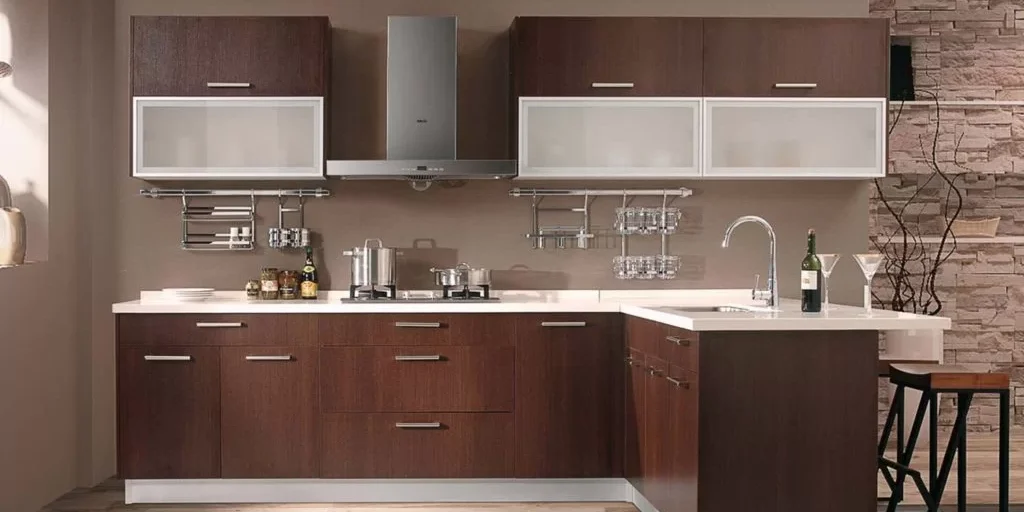Maintaining your new kitchen will not only increase the life of cabinets, appliances, floor, and wall coverings; regular maintenance & cleaning kitchen cabinets also will greatly enhance the look of the space.
If maintained, your cabinetry should be useful for decades. Proper cabinetry care requires attentive cleaning, polishing and carefully avoiding the use of damaging household cleaners. Wood as a natural product has beautiful variations. Caring for Cabinets is not at all a difficult task, it just requires consistency. We have put together some simple steps you can learn to maintain your cabinets and master the Art of Cabinetry.
New Cabinets:
Wiping the cabinets clean with a soft, damp cloth and then drying immediately with another clean, soft cloth is the most careful way to keep those cabinets clean and shining. But remember to always wipe in the direction of the natural wood grain.
Polishing Cabinets:
If you wish, you can apply a thin coat of high-quality polish when needed. It is important to choose a polish that does not contain silicone or wax. A high-quality polish aids in protection from minor scratching, staining, and excessive moisture, so polishing from time to time always helps.
Greasy Cabinets:
Grease and grime buildup can damage cabinets and destroy the look and feel of a new kitchen. Cabinets require basic cleaning, twice every week for regularly used kitchens. Water alone usually does not clean greasy cabinets completely, so mix a mild dishwasher soap with warm water to wipe off the grease in the direction of the grain. Always remember to use a soft cloth afterward to remove any residual moisture that is left on the cabinets.
Cabinet Cleaning hacks from Youtube:
When routine cleaning fails to remove stains or built-up grime, use a paste of baking soda & water on a sponge and scrub the stain until it disappears. Rinse with water and dry with a soft cloth. A mix of vinegar and water is another very popular option for removing sticky grime or film from kitchen cabinets, although overtime vinegar can be harsh for the cabinets so we don’t recommend using vinegar frequently.
Avoid Excessive Moisture on Cabinets:
Among the worst enemies of any natural wood, the product is moisture. Cabinetry that is placed near the sink or the dishwasher is mostly exposed to moisture. Dry off cabinets near water sources immediately after water use. Draping dish towels over doors or placing coffee makers where steam vents directly onto the cabinet surfaces harm the wood too.
Avoid Exposure to Harsh Cleaners & Waxes on Cabinets:
Harsh cleaners can damage the finish of your cabinetry. Avoid cleaners containing ammonia, bleach, citric acid (including orange and lemon oil.) Most common self-polishing waxes like Petroleum-based products can damage your finish. Take care to use only high-quality cream furniture polishes available from high-end furniture or paint stores.
Protect your Cabinets against Scratching & Abrasion:
Avoid using scouring pads and abrasive cleaners as they may dull fine finishes. Avoid abrasive cleaners and cleaning tools. Some “stiff” paper towels may leave tiny scratches that dull the surface.






